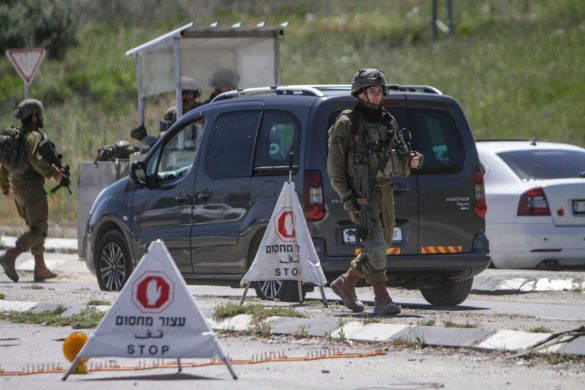Det arabiske forår ramte også Mellemøstens fattigste nation på sydspidsen af Den arabiske Halvø, men nu slæber det sig afsted og imens har donorvinteren sænket sig over yemenitterne, som må op i omdrejninger før pengene falder.
LONDON, 17 January 2013 (IRIN): The transitional peace process in Yemen is struggling to move forward and billions of dollars of aid assistance is going untapped, according to UK Minister of State for International Development Alan Duncan.
“The National Dialogue does remain off-schedule, and that is seriously undermining confidence in the transition process”, he said, adding:
“The delivery of a successful dialogue, on schedule, would be a major signal to the Yemeni people that their leaders are serious about addressing the divisive issues which drive conflict in the country.”
Duncan was speaking at an international conference on Yemen at London’s School of Oriental and African Studies (SOAS) on 12-13 January, which brought together academics, Yemeni government ministers, diplomats and international humanitarian organizations.
One senior international observer told IRIN he believed the whole process was at least two months behind where it should be by now.
“The transition is threatened by those who have still not understood that change must now occur,” said the UN envoy to Yemen, Jamal Benomar, when he briefed the UN Security Council last month.
The political transitional process in Yemen – the Middle East’s least developed country – was agreed with the Gulf Cooperation Council (GCC) and the UN Security Council after Yemen’s own version of the Arab Spring, which formally ousted President Ali Abdullah Saleh from power in 2012.
It allows for six months of national dialogue, and three months to draft a new constitution, followed by a referendum (folkeafstemning) and fresh elections – all before February 2014.
More peaceful than expected
Yemen’s foreign minister, Abubakr al-Qirbi, acknowledged that international partners were worried by possible delays to the National Dialogue, but pointed out that the transition process so far had gone much more smoothly, and more peacefully, than the pessimists had anticipated.
“Yemenis, as you know, are a well-armed community,” he said, noting:
“And therefore people can anticipate that if war flares up, what is going to be the cost of that war. And that, I think, was an important factor.”
Applications opened this week for the National Dialogue Conference, which was supposed to take place in November, but which has been delayed by the refusal of southern separatists wanting an independent South Yemen.
Al-Qirbi said it was essential that, in order to get full participation, people felt the Dialogue was responsive to their needs and that any issue could be raised.
But, he said, “the regional and international powers realize that the unity of Yemen is of utmost importance for the stability of the region and the world”.
“I think that the message which has been carried by many ambassadors to all parties in Yemen is that the unity of Yemen is one important objective of the GCC initiative. No one has spoken about the possibility of separation.”
“The Forum will address all grievances and how we can reverse the mismanagement which has taken place since unification.”
Nearly 8 billion dollar
Alan Duncan referred to nearly 8 billion US dollar, pledged by Yemen’s international partners in support of the transition, but still waiting on concrete project proposals– though humanitarian aid projects are clearly outlined in the yet unfunded 2013 Yemen Humanitarian Response Plan.
“This money is ready, and waiting to be spent. We cannot afford to have these promised billions sitting around unused”, the UK minister stated, adding:
“Unlocking donor funds so that they can start making a difference on the ground is vital to the confidence of ordinary Yemenis in the transition which is so vital for its success.”
Separatist pressure
Læs videre på
http://www.irinnews.org/Report/97270/Analysis-Aid-money-unspent-as-Yemen-s-transition-process-drags-on














